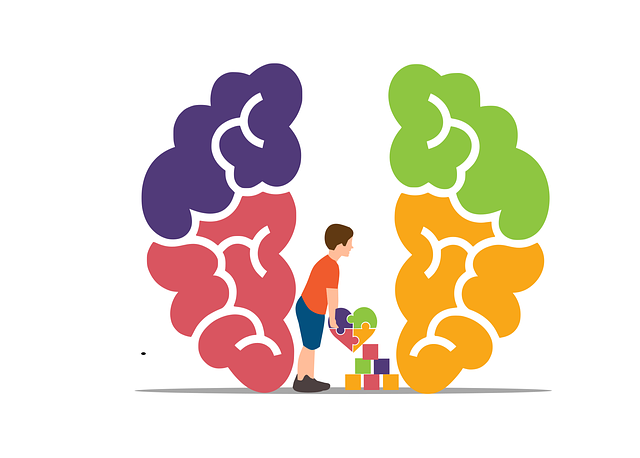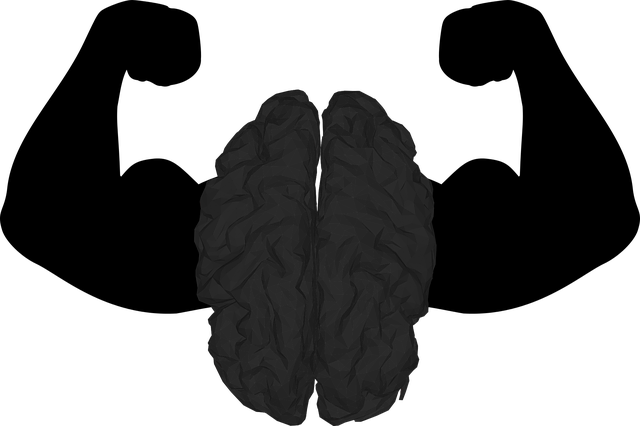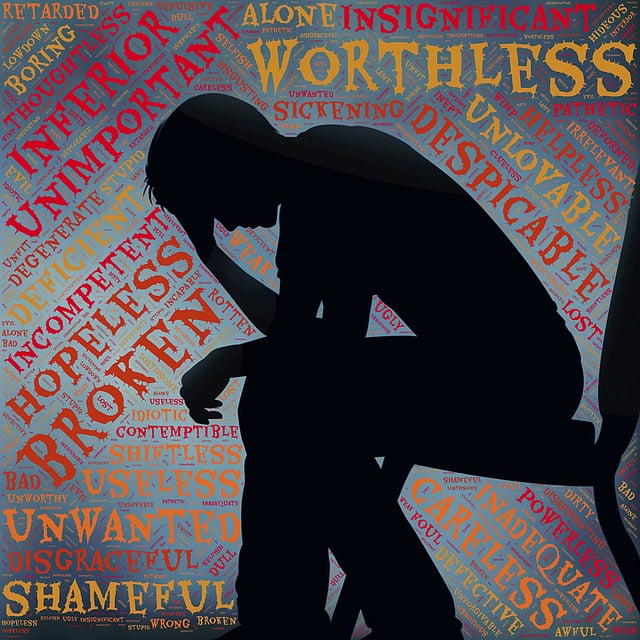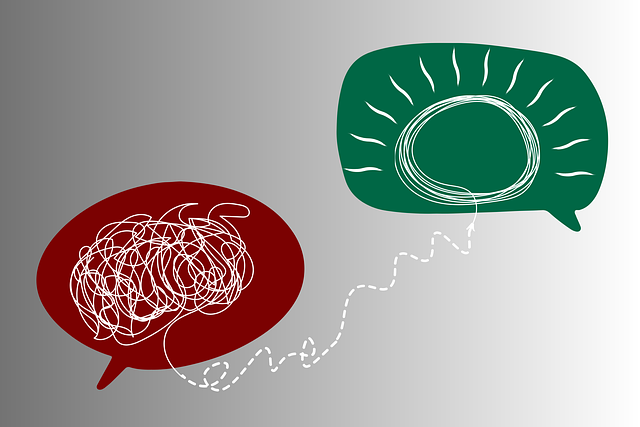Stress management is crucial for managing bipolar disorder, with Superior Bipolar Disorder Therapy combining CBT, mindfulness, and medication. This holistic approach, supported by public awareness campaigns, coaching programs, and self-care practices like exercise and gratitude journaling, empowers individuals to navigate life's challenges, build resilience, and achieve improved mental wellness.
Stress reduction is a crucial component in managing bipolar disorder, offering a path to improved mood stability and overall well-being. This comprehensive guide delves into effective strategies, from understanding the impact of stress on bipolar symptoms to exploring therapeutic approaches and lifestyle adjustments. Discover superior bipolar disorder therapy through evidence-based methods designed to mitigate stress, enhance coping skills, and foster resilience.
- Understanding Stress and Its Impact on Bipolar Disorder
- Therapeutic Approaches for Effective Stress Reduction
- Lifestyle Changes and Coping Strategies for Daily Management
Understanding Stress and Its Impact on Bipolar Disorder

Stress, a ubiquitous aspect of modern life, can significantly impact individuals with Bipolar Disorder (BD). It doesn’t just exacerbate symptoms; it can trigger full-blown manic or depressive episodes, undermining hard-fought stability. Understanding this intricate relationship is paramount in BD therapy. Superior Bipolar Disorder Therapy involves equipping individuals with effective stress reduction methods. These strategies empower patients to manage their disorder proactively by mitigating the effects of stress and promoting mental wellness.
Trauma Support Services play a crucial role in addressing underlying stressors that may contribute to BD symptoms. By providing safe spaces for processing trauma, these services offer valuable tools for building resilience against stressful triggers. Incorporating evidence-based practices such as cognitive behavioral therapy (CBT) and mindfulness techniques into treatment plans further strengthens an individual’s ability to navigate life’s challenges and maintain a sense of balance, ultimately fostering improved mental wellness.
Therapeutic Approaches for Effective Stress Reduction

Stress reduction methods have evolved to include a variety of therapeutic approaches tailored to individual needs. For those grappling with bipolar disorder, Superior Bipolar Disorder Therapy offers specialized strategies to manage symptoms and mitigate stress. This form of therapy goes beyond standard treatments by incorporating techniques such as cognitive-behavioral therapy (CBT), mindfulness practices, and medication management, all designed to help individuals regain control and improve their overall mental wellness.
Beyond individual therapy, Public Awareness Campaigns Development and Crisis Intervention Guidance play a crucial role in promoting stress reduction strategies on a larger scale. Mental Wellness Coaching Programs Development further complements these efforts by providing personalized support and education, fostering resilience and healthy coping mechanisms. These comprehensive approaches not only enhance public understanding of stress management but also empower individuals to lead more balanced and fulfilling lives.
Lifestyle Changes and Coping Strategies for Daily Management

Making lifestyle changes and adopting effective coping strategies are crucial components of daily stress management, especially for individuals navigating bipolar disorder. Beyond professional therapy like Superior Bipolar Disorder Therapy, incorporating self-care practices into one’s routine can significantly enhance emotional resilience and overall well-being. Simple yet powerful adjustments include regular exercise, which releases endorphins, promoting a positive mindset and reducing anxiety. Additionally, cultivating emotional intelligence through mindfulness practices and keeping a gratitude journal helps individuals better understand and regulate their emotions, fostering a sense of calm amidst stressful situations.
Developing coping skills is an essential aspect of long-term stress management. Techniques such as deep breathing exercises, meditation, and engaging in hobbies can serve as powerful tools to navigate challenging times. Building a strong support network comprising friends, family, or support groups also plays a vital role in stress reduction, providing individuals with a sense of belonging and encouragement during their journey towards emotional balance.
In conclusion, managing stress is a pivotal aspect of superior Bipolar Disorder therapy. By understanding the profound impact of stress on this condition, individuals can employ therapeutic approaches and lifestyle changes for effective stress reduction. These strategies empower those living with Bipolar Disorder to take control of their mental health, enhancing overall well-being and quality of life.










